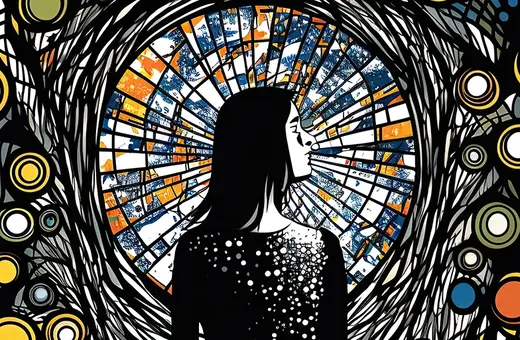The opioid crisis is rampant and deaths from drug overdoses are higher than they have ever been in the U.S. For decades, addiction has been viewed as either a personal failing or a purely physical illness. Both approaches, argue Nina Christie, are not only deeply flawed, but exacerbate the problems that face us. Addiction is primarily a social phenomenon. It is time to revaluate old experiments and see what they reveal about what really drives problematic substance use.
Public perception is important. The way that the general population views a problem or a group of people often determines what policies we create to address that problem, and how that group of people is treated by society at large. The media plays a central role in creating public perception and the depiction of substance use behaviors is no exception. For decades, our perception, our continued use of stigmatizing language like “addict”, and our treatment of people who use drugs has been deeply problematic. Pop culture and media often portray substance use as either a moral failure of an individual, or as an entirely physical phenomenon marked by high tolerance and painful periods of withdrawal, with little to no regard for the role of psychological and social wellbeing.
Both narratives are mistaken.
The evidence against the former is overwhelming. A societal narrative that ascribes blame to people living with substance use disorders and punishes them harshly creates a pervasive stigma against those who use drugs. Media portrayals that paint people who use drugs as lacking willpower, being in denial, or hitting “rock bottom” time and time again have been shown directly to contribute to public stigma against people who use drugs. Stigma has negative consequences for everyone involved; the individuals, their families, their loved ones, and their local communities. For the person who uses drugs, stigma from healthcare professionals leads to low quality medical care [1], self-stigma (which is linked to depression and poor treatment outcomes), whilst also exacerbating racial and socioeconomic disparities in harms associated with substance use. Families and friends have even reported that they are berated, belittled, or shamed for mourning the loss of a loved one due to a drug-related death. [2] In the process of “othering” people who use drugs, society at large cuts people off from social connections, opportunities, safety nets, and from those who are willing and able to offer help.
___
Animals who have access to social rewards on-demand are much less likely to choose substances and develop problematic substance use.
___




















Join the conversation